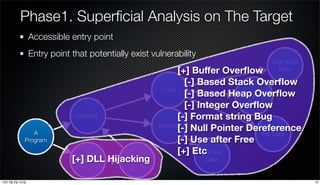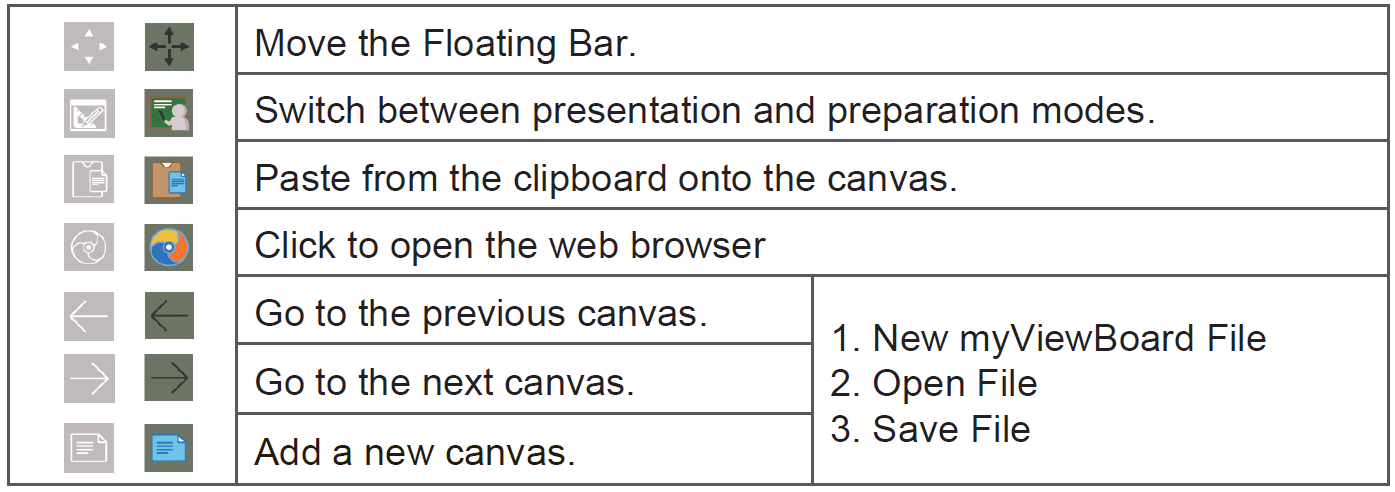

- #Open canvas 6 invalid pointer operation how to
- #Open canvas 6 invalid pointer operation code
- #Open canvas 6 invalid pointer operation free
The following example converts an int* to a byte*. These conversions require an explicit cast. You can also convert any integral type to a pointer type, or any pointer type to an integral type. Any pointer type can be explicitly converted to any other pointer type using a cast expression. Any pointer type can be assigned the value null. Temporarily fixes a variable so that its address may be found.įor more information about pointer-related operators, see Pointer-related operators.Īny pointer type can be implicitly converted to a void* type. The following table lists the operators and statements that can operate on pointers in an unsafe context: Operator/StatementĪccesses a member of a struct through a pointer. If the pointer was set in a fixed block, the variable to which it points may no longer be fixed. Consider a method that returns a pointer to a local variable through an in, out, or ref parameter or as the function result. Passing pointers between methods can cause undefined behavior. Applying the indirection operator to a null pointer causes an implementation-defined behavior. However, you can use a cast to convert a void pointer to any other pointer type, and vice versa.Ī pointer can be null. You can't apply the indirection operator to a pointer of type void*. Dereferencing p and incrementing changes the value of a. Incrementing p2 bumps the pointer by four bytes due to its type. p is pinned as well as object, so create another pointer to show incrementing it. Must pin object on heap so that it doesn't move while using interior pointers.
#Open canvas 6 invalid pointer operation code
Must be in unsafe code to use interior pointers. These examples must be compiled with the AllowUnsafeBlocks compiler option set. You can paste this code into the Main function of a console application to run it.
#Open canvas 6 invalid pointer operation how to
The following example uses the unsafe keyword and the fixed statement, and shows how to increment an interior pointer. There are several examples of pointers in the articles on the fixed statement. The expression *myVariable denotes the int variable found at the address contained in myVariable. For example, consider the following declaration: int* myVariable The pointer indirection operator * can be used to access the contents at the location pointed to by the pointer variable.

Void* identifier //allowed but not recommended A pointer type declaration takes one of the following forms: type* identifier In an unsafe context, a type may be a pointer type, in addition to a value type, or a reference type.

Unsafe code in C# isn't necessarily dangerous it's just code whose safety cannot be verified.
#Open canvas 6 invalid pointer operation free
In an unsafe context, code may use pointers, allocate and free blocks of memory, and call methods using function pointers. It creates managed objects instead.Ĭ# supports an unsafe context, in which you may write unverifiable code. In general, safe code doesn't directly access memory using pointers. NET tools can verify that the code is safe. Most of the C# code you write is "verifiably safe code." Verifiably safe code means.


 0 kommentar(er)
0 kommentar(er)
